Deodorants AlternativesEveryone's morning ritual consists of cleaning their teeth, washing their face, and using deodorant before they leave for a bustling day of activities. However, numerous products, mainly those that are also topical ointments, have been to include chemicals or minerals such as aluminum, parabens, phthalates, talc, and sulfates. While the latter is important to prevent smell, it is also essential for avoiding scent. As a result, more and more companies are developing natural deodorants devoid of dangerous chemicals. Still, there are alternative approaches to removing poor hygiene besides using sticks, rollers, and sprays. 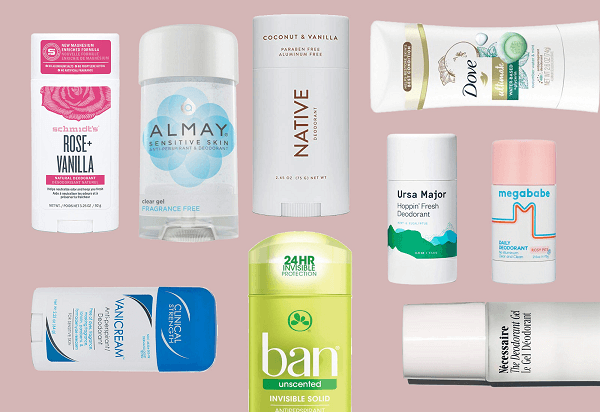
There are other options besides deodorant and antiperspirant for decreasing moisture and smell beneath the arms. Let's examine some typical justifications for choosing deodorant alternatives as well as what you might use in its place to keep your hands dry and odor-free. 1. Glycolic Acid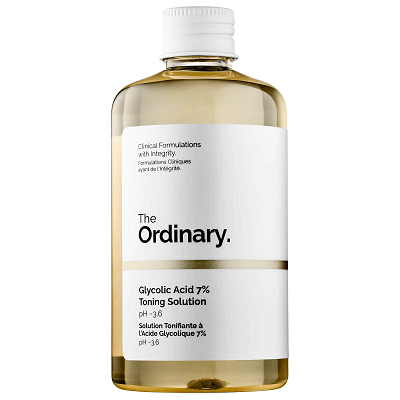
Alpha hydroxy acids (AHAs), such as glycolic acid, soften and smooth the skin by causing chemical exfoliation. Since the skin on the underarms is thinner than that on the face or body, it is vital to check this before adopting. Users advise using a cotton ball to apply The Ordinary's Glycolic Acid 7 Percent Smoothing Solution. 2. Charcoal
Although charcoal may make for a dirtier shower, the advantages are fantastic for sweaty Bettys (British retailer Sweaty Betty specializes in women's activewear). Its function is to remove toxins; thus, using it in the shower provides a fresh start and increases fragrance. The Underarm Bar from Kaia Naturals is a triple threat against odor because it includes salt and apple cider vinegar. 3. Witch Hazel
It is a natural astringent and anti-inflammatory, which means that it dries up the skin's excess moisture and kills microorganisms. It will immediately reduce any unwanted smells. One thing to remember is that this approach may disappear fast, so reapplying is essential to get through each day. It would be best to keep witch hazel on ready since it has several uses. Since it doesn't produce a layer on the skin, it's also a well-liked deodorant alternative. Also, it quickly removes odor. The biggest drawback of this approach is that it requires frequent reapplication because it washes off so fast. How to utilizeWitch hazel may easily apply on a cotton ball or washable cotton cloth and the underarm area. 4. Baking soda or cornstarch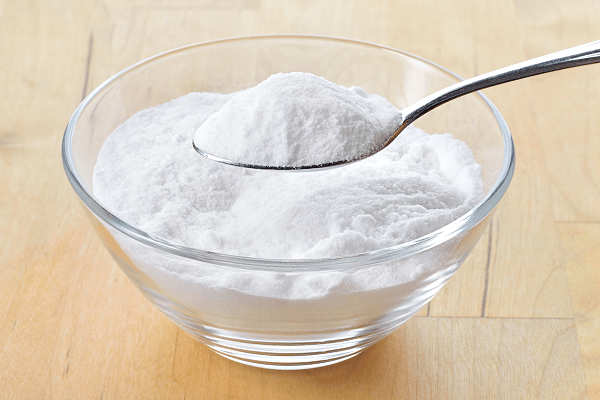
Almost any unpleasant smell may be successfully concealed by baking soda, even body odor. You only need a few common materials to produce this inexpensive deodorant substitute in your kitchen. Rub your underarms with one-eighth of a spoon of baking soda and some water. Add water until a paste is made; do not dissolve the baking soda. Adding a little cornstarch will also assist in reducing moisture. Apply the mixture to your underarm by combining six cornstarch and one baking soda. 5. Lemon Juice
Lemon juice, rich in citric acid and an excellent controller of odor-causing bacteria, is another kitchen essential that helps keep off an unpleasant odor and maintain your natural cleanliness. Citric acid, one of the components of Lume Body Wash, will do great for your skin if you don't use lemons. Squeeze some lemon juice beneath your arms to maintain a fresh scent. Citric acid, which is abundant in lemon juice and destroys odor-producing bacteria. While putting lemon juice on your underarm after bathing, keep in mind that lemons are quite acidic and will hurt. 6. Coconut Oil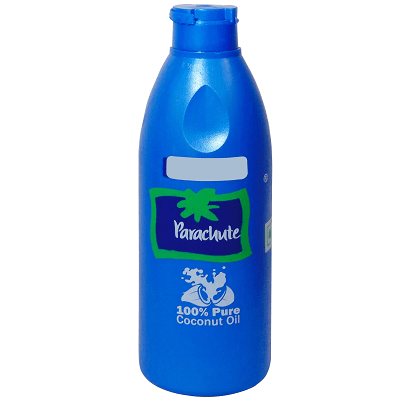
While coconut oil does have a pleasant aroma, it is also antibiotic and antiviral. The next time you leave home, apply a little beneath your arms but ensure it is dry before wearing it to avoid any stains. The uses of coconut oil for hair and skin are quite diverse. How to utilizeUse a cotton cloth or your palms to apply 1/4 teaspoon of oil beneath your arms. Before getting dressed, let it dry because oil may quickly discolor clothing. 7. Crystal Deodorant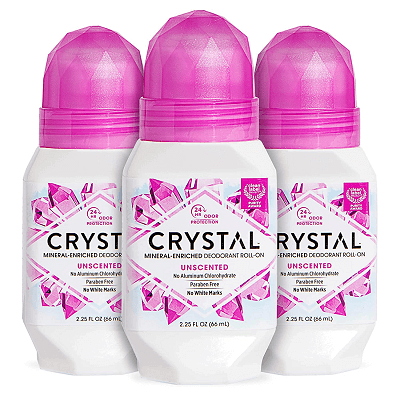
Even though it contains mineral salts, it differs from other deodorants because it is quite efficient. A layer that cleanses moisture and prevents smells for 24 hours is generated by crystal deodorant, such as the Nakd kind that utilizes Thai mineral salts. In recent years, crystal deodorant has grown in popularity. Nothing except mineral salts make up this substance. It forms a barrier that cleans your perspiration to stop the stink. How to utilizeYou may apply the crystal deodorant to moist skin or dip it in water. It is advisable to use many coats and let them dry before adding any attire. The deodorant won't leave any white stains on your clothing either way. 8. Rubbing Alcohol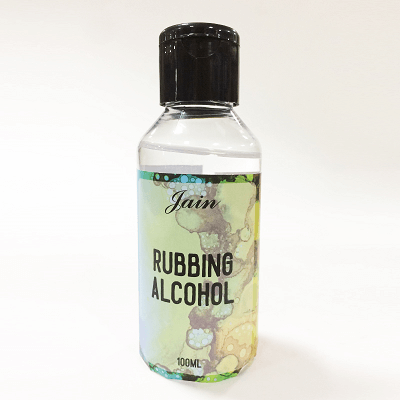
Rubbing alcohol destroys germs, one of the least expensive ways to reduce body odor while not being a popular alternative. However, as it can hurt, avoid using this after shaving or on any scratching or wounds. In your medical box, you most likely have a few. How to utilizeRub rubbing alcohol on a cotton ball and apply it under your arms, or fill a spray bottle with it. 9. Apple Cider Vinegar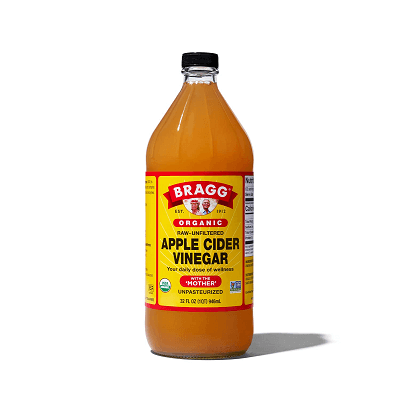
Among other applications and advantages, an alternative for deodorant is apple cider vinegar. It has built-in anti-inflammatory, fungus- and bacteria-fighting, pH-restoring properties. Apply the solution to your underarms with a cotton ball or pad, feel fresh, and avoid unpleasant smells. How to utilizeOne tablespoon of water and one spoonful of apple cider vinegar should stir. The mixture should be applied to your underarms using a cotton pad or washable cloth. 10. Essential Oils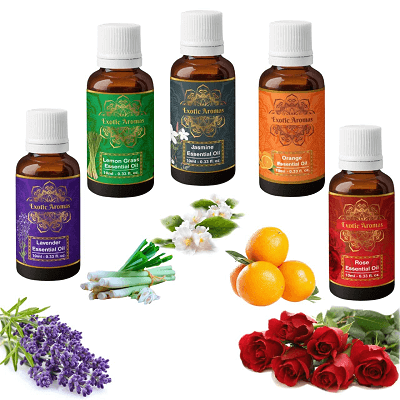
Using essential oils can remove complaints about smelling like baking soda or rubbing alcohol. Some essential oils, including rosemary, thyme, lavender, and lemongrass, have antimicrobial qualities. How to utilizeCombine a handful of your favorite oils to make your perfect fragrance, then apply them on your armpits with a cotton ball. 11. Shea butter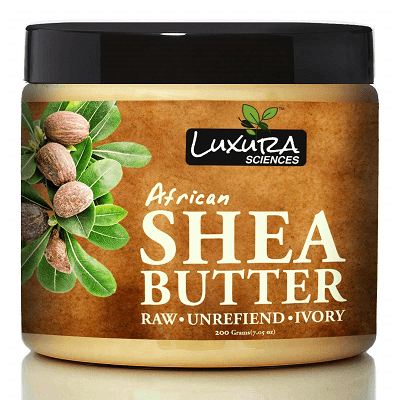
Use this shea butter treatment for a deodorant that is an additional amount. Three tablespoons of shea butter, three teaspoons of baking soda, two tablespoons of cocoa butter, two tablespoons of cornstarch, one teaspoon of vitamin E oil, and an optional essential oil for scent (optional) should all be combined and melted in a pot over low heat while stirring. Add your preferred essential oil and vitamin E oil. Place the bottle with the liquid into the refrigerator to cold and set. Keep refrigerated in between usage. 12. Underarm Botox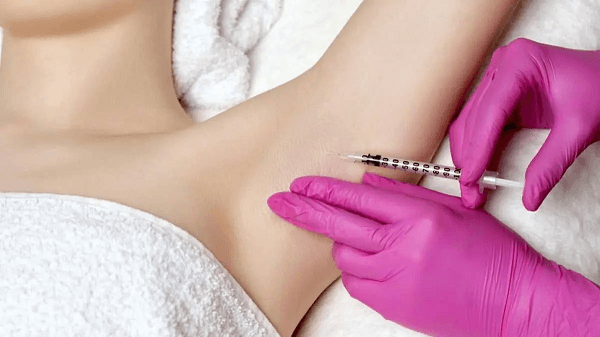
Severe underarm perspiration can treat with botulinum toxin (Botox). Botox reduces the chemical levels that open up your sweat ducts, which is how it functions. Botox injections are quick and simple for most individuals, but they are considered an unpleasant technique with potentially harmful side effects when used to treat hyperhidrosis. Consult a doctor about less expensive options if you often suffer underarm dampness. 13. Aloe vera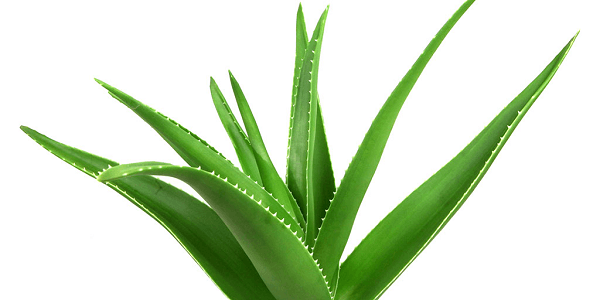
Aloe vera is not only tremendously helpful, but it's also one of the hardest plants. Aloe vera helps avoid microorganisms that cause odors since it has natural antibacterial and antiseptic characteristics. How to utilizeApply the gel from a little piece of your aloe vera plant gently to your armpits. Additionally, you may use prepared bottles of pure aloe vera gel. 14. Hand sanitizer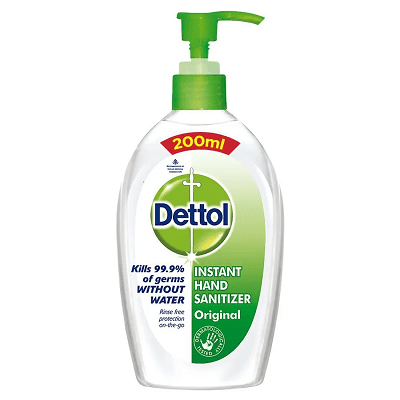
It would help if you suddenly need deodorant. If you have access to hand sanitizer, apply a tiny quantity on your palm and rub it into each underarm to reduce the odor. The added benefit is that hand sanitizer dries quickly, helping you to continue your day. What Makes Deodorant Alternatives Common?You may choose to avoid conventional deodorants and antiperspirants in favor of something more natural for several reasons. 1. Avoid Chemicals if Possible Controversial toxins in deodorants and antiperspirants include aluminum, parabens, phthalates, and triclosan. A deodorant alternative might provide you the comfort of mind if you'd rather not harm your body with harsh chemicals. 2. You have axillary hyperhidrosis Regular deodorant doesn't work when you have axillary hyperhidrosis or excessive underarm dampness. It may be time to try some alternatives if you've attempted all deodorants and antiperspirants on the market. 3. Your skin is sensitive Sensitive skin can get irritated by several chemicals, including alcohol, aluminum, and baking soda. Many deodorant alternatives are made with delicate chemicals that might help prevent discomfort. 4. Pit stains get on your good sides Deodorant and antiperspirant use daily might result in pit stains and undesirable stains on your clothing. You could stop using deodorant or antiperspirant completely and choose deodorant alternatives if you're sick of washing pit stains or abandoning outfits. ConclusionThe benefits of deodorant alternatives only endure for a while, and none avoid dampness and odors. Most deodorant alternatives require frequent reapplying to maintain you odor-free throughout the day. It's a good idea to get in touch with a healthcare provider if you often use deodorant but still have some problems with your body odor. You may occasionally become more unpleasant odors if you have certain diseases or medical problems.
Next TopicSportSurge.net Alternatives
|
 For Videos Join Our Youtube Channel: Join Now
For Videos Join Our Youtube Channel: Join Now
Feedback
- Send your Feedback to [email protected]
Help Others, Please Share










